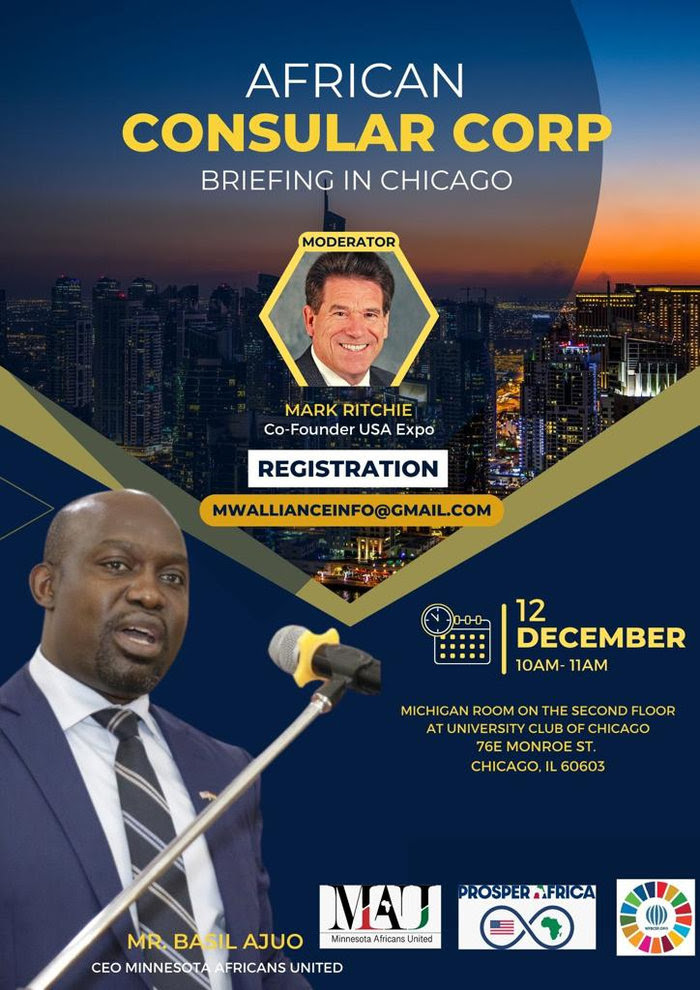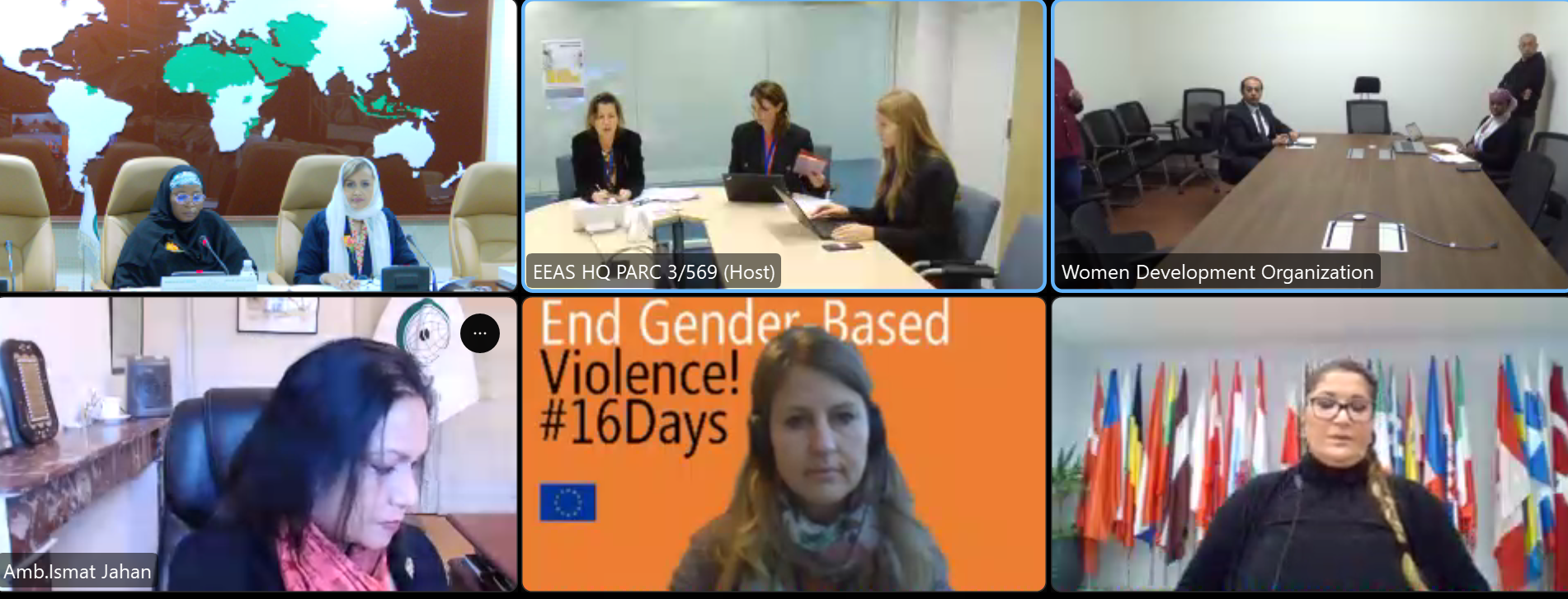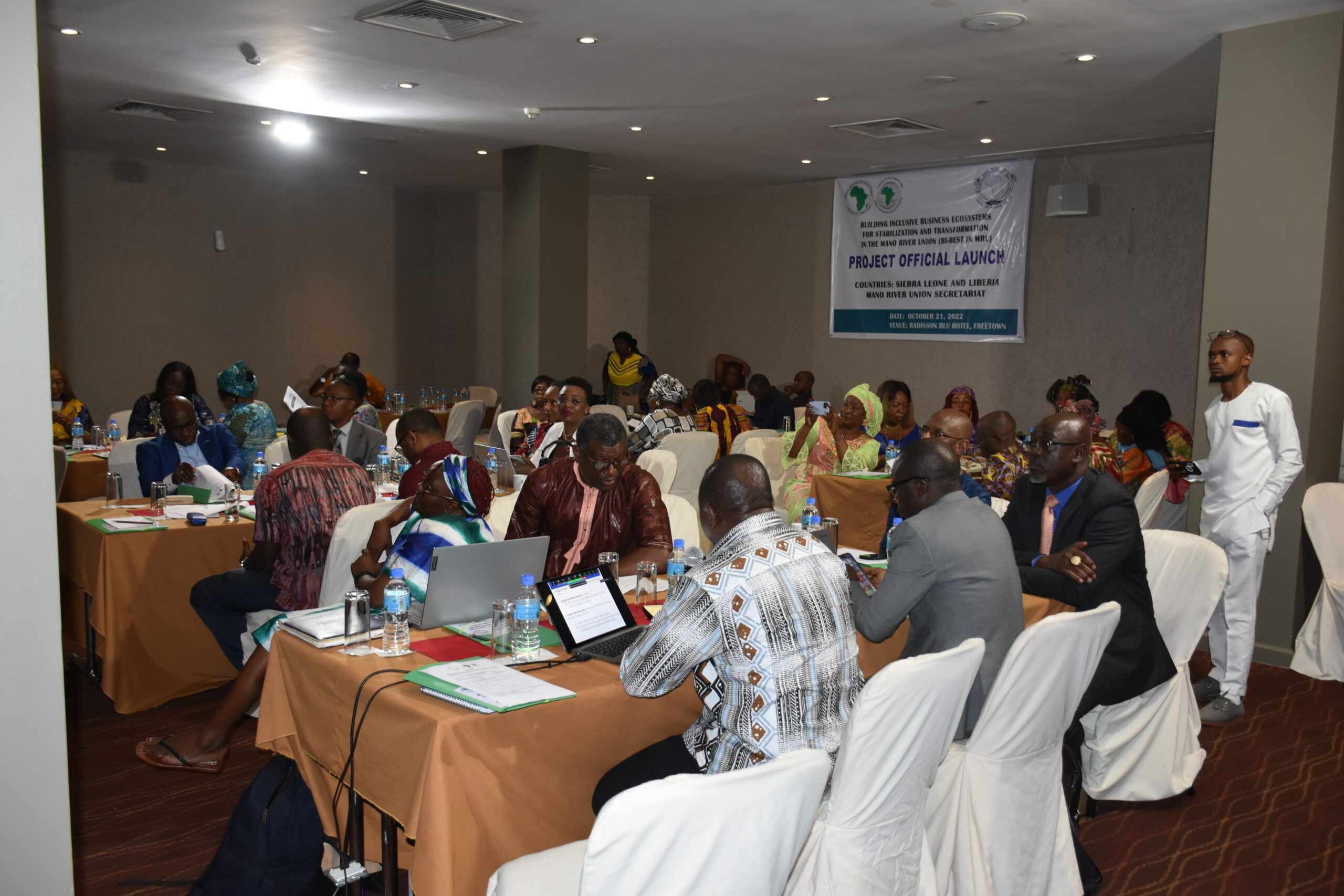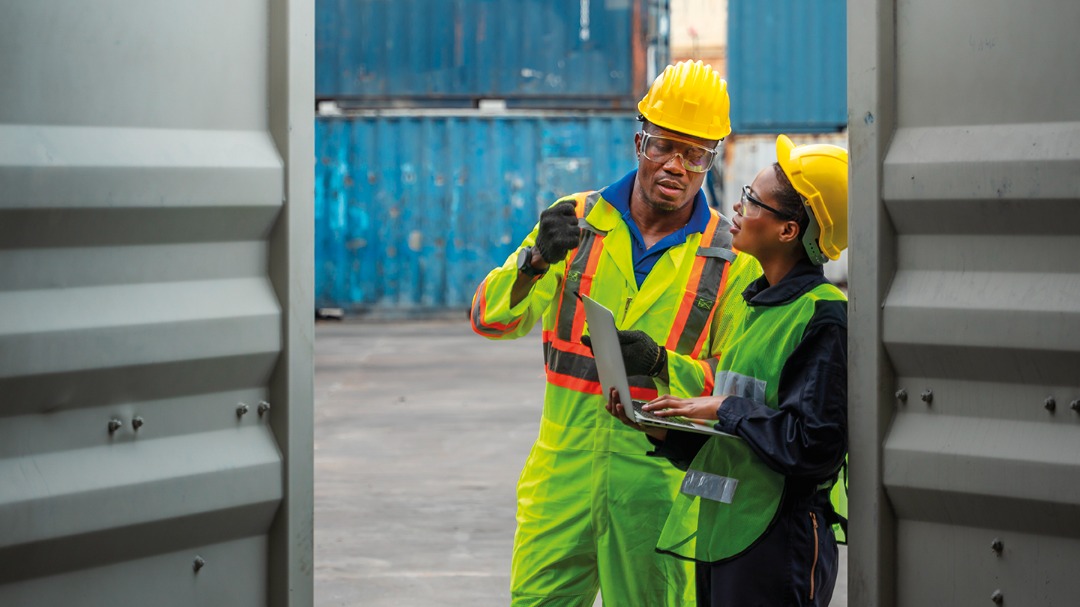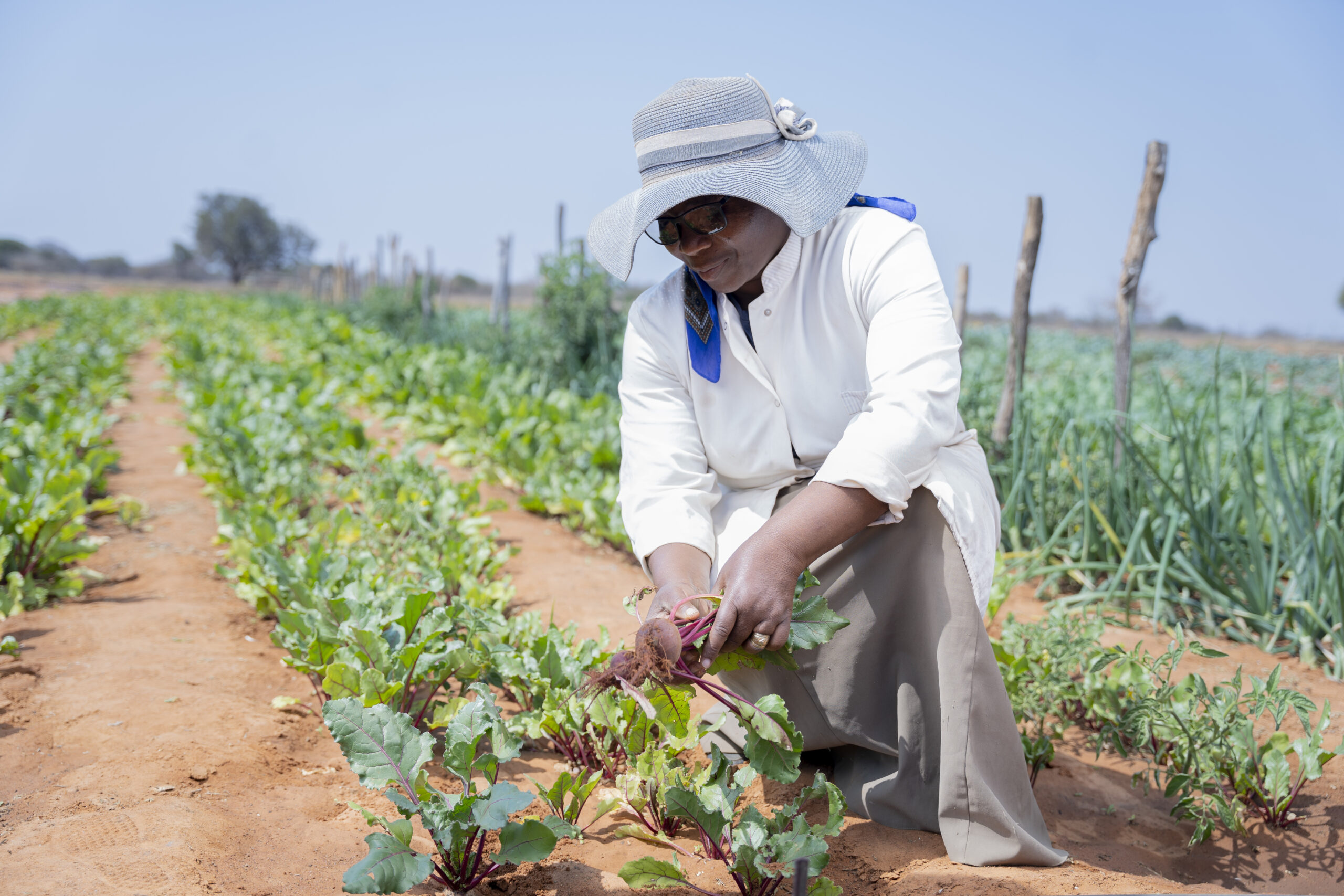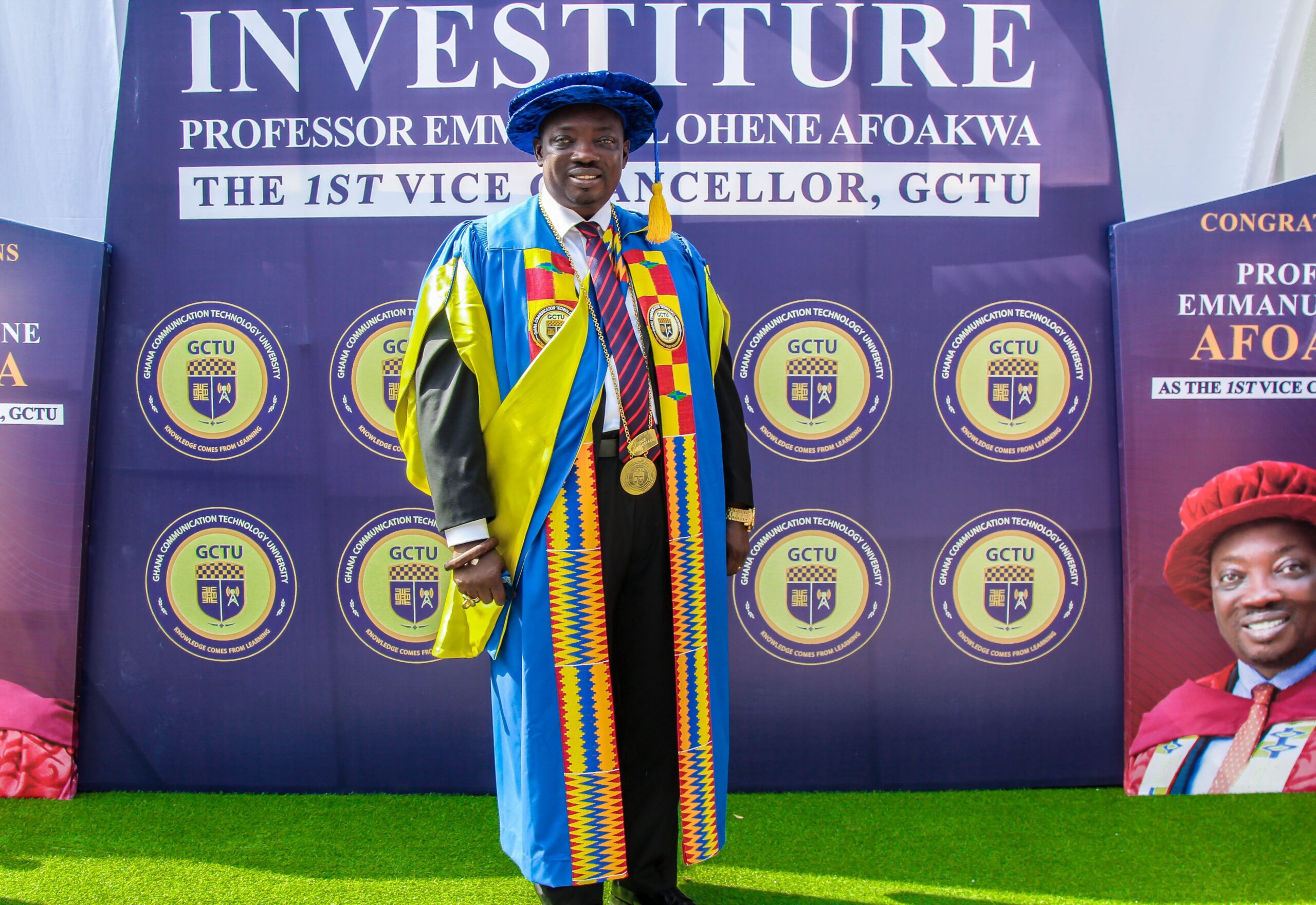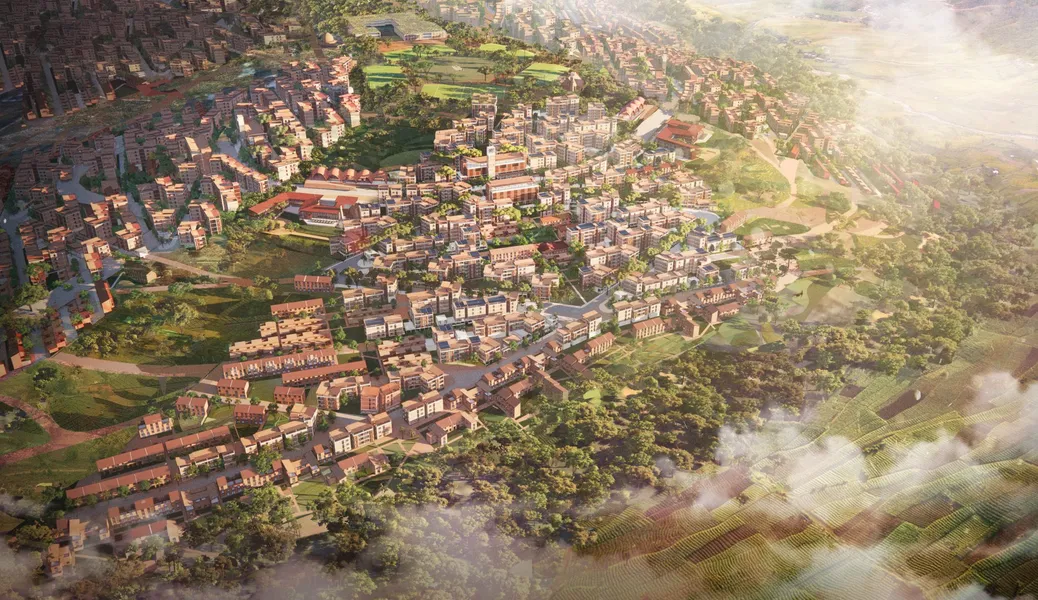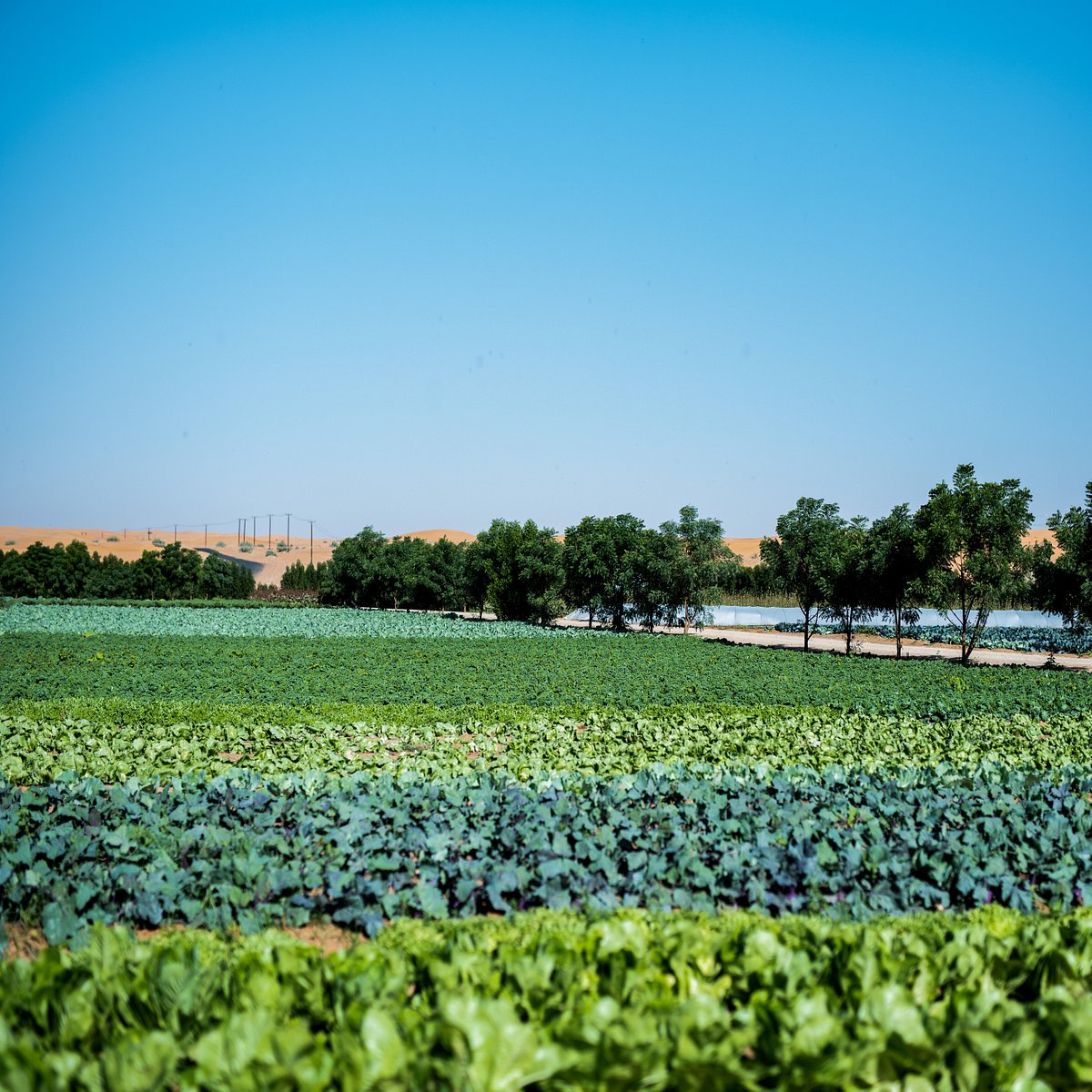OPINION
by N.J. Ayuk
Many today believe the era of colonialism in Africa is over. They’re wrong. The era of colonialism in Africa has merely entered a new and insidious phase.
Some call it “neo-colonialism.” I call it colonialism 2.0. In colonialism 1.0, Western and other nations conquered large parts of Africa, and in colonialism 2.0, they use their money to impose their unrealistic ideologies on an unwilling but still desperate continent.
Nowhere is this more obvious than in the mania surrounding ESG, a set of environmental, social, and governance criteria for financial investments that are being weaponized to impose green energy on African nations that desperately need cheap, reliable energy — that is, fossil fuels. We need this energy to continue developing our economies and providing basic necessities for our people.
Everyone knows that Africa is still a largely developing continent. As such, it requires the help of other nations in order to save lives and improve the well-being of its citizens. Great progress has been achieved since World War II, not only in Africa but around the world. For example, just between 1990 and 2015, extreme poverty in Africa went from 54% of the population to just 41%. It is estimated that the number could decline to 23% by 2030.
However, elites in Western countries are threatening to undermine all this progress unless Africans go along with their unrealistic and extremist expectations. In a rather colonial fashion, Western countries are denying African countries their once-in-a-generation opportunity for development by making us the subjects of their ESG experiments. If we don’t agree to abide by ESG criteria, they try to bribe us with IMF and other loans through the sophisticated international finance system. And if that fails, they punish us by denying their help — even if it kills our people.
I’ll be as blunt as I was when I spoke at African Energy Week in Cape Town weeks ago. For African nations to continue to emerge from poverty, we need to drill, baby, drill. That’s Africa’s message to the world. If we’re going to solve energy poverty, the world needs to invest in Africa’s oil, natural gas, and other God-given resources.
Foreign leaders from wealthier, more advanced nations need to be responsible and tone down the rhetoric that fossil fuels and energy producers are evil. As Matthew Opoku Premeh, the Ghanaian minister of energy, reminded us at Africa Energy Week, over 80% of the oil and gas we take from Africa ends up in Europe, China, and India. So not only are African resources often extracted for the benefit of other nations but now we are not even allowed to pursue our own priorities? Nonsense.
Enough with the hypocrisy. Let us use what we have, as every other developed country has had the freedom to do for centuries. I stand with our energy producers and against the Western elite and will not apologize for Africa’s energy sector.
That is why I went to COP27. I believe that if Africa does not take a seat at the table, it will end up being on the menu. Let me be clear: those of us who advocate African countries to continue using the oil and gas resources within our sovereign borders are not ignoring the green agenda — we simply are not willing to embrace Western elites’ timetables for transitioning to renewable energy at the expense of the energy security and economic well-being of our own people.
Not just Africa but the whole world is now experiencing firsthand how important abundant and cheap energy is to economic development. With it, endless opportunities are available. Without it, your economy is at risk of collapse, as we are witnessing in Europe now.
Cheap energy is absolutely vital to economic development. So far, many so-called “green” energy sources have simply proven incapable of providing enough energy to rapidly developing countries, let alone developed ones like those in Europe and the United States. Those of us across the African continent desperately need to build vast amounts of infrastructure to feed our people, get them to work, and expand our access to the world. This requires cars, buses, trucks, ships, trains, docks, roads, power plants, utilities, and fiber optic networks, among many other countless amenities developed nations already enjoy.
Imposing environmental standards on African nations that are still in the early stages of development artificially maintains millions of Africans in poverty, unable to enjoy the economic empowerment that comes with cheap energy. As indicated by the International Energy Agency, over 700 million people don’t have access to electricity, many of whom are in Africa.
Did not the West itself go through a similar phase of development? It would be one thing if new energy sources were up to the task — but they aren’t. Africans must not be held in poverty for the sake of environmental extremists in the West who can’t even provide for their own energy needs, let alone ours. As Matthew Prempeh made it clear in Cape Town, he would be “an irresponsible leader to sell my country on the altar of energy transition without talking about the significance of energy security or energy access or without talking about energy affordability.”
By using ESG to impose strict “E” policies, the West is imposing its own priorities on countries that are still working on providing the basics to their people — food, infrastructure, internet, and energy.
A growing number of Western countries are making their aid packages contingent on going “green” when African nations simply can’t afford it. In such a situation, the West cannot be surprised if such nations begin turning to countries like China and its Belt and Road Initiative for cheap capital with no environmental strings attached.
We are not fools. Africans want to develop and prosper economically, and we know what we must do to achieve that. We need affordable, reliable energy. And if the West is unwilling to help us do that, we will turn elsewhere.
Do we want cleaner air and sustainable energy? Of course we do, who wouldn’t? The real question should be who is willing to see Africans die and slip back into poverty in a sloppy attempt to achieve those goals. I’m certainly not, but it seems many of our old colonizers are willing to make that horrendous bargain.
The West — its governments, corporations, nonprofit groups, and NGOs — must end ESG restrictions on investment in Africa and bring colonialism 2.0 to an end.
N.J. Ayuk is a lawyer and entrepreneur, and executive chairman of the African Energy Chamber, the only advocacy organization representing all facets of Africa’s energy, oil, and gas industry.

